In a gripping turn of events, seven Salvadoran journalists from El Faro find themselves entangled in a legal battle with authorities over their explosive report on President Nayib Bukele’s alleged connections to notorious gang leaders. The Committee to Protect Journalists has vehemently called for the dismissal of all charges against these journalists, highlighting the crucial role of journalism in providing vital information to the public.
“Treating journalism as a criminal act deprives Salvadorans of essential information,”
remarked Cristina Zahar, CPJ’s Latin America program coordinator, emphasizing the importance of press freedom and transparency in democratic societies.
The unfolding drama began when El Faro courageously released video interviews with two gang leaders detailing their purported long-standing ties with President Bukele. The publication’s investigative piece raised serious allegations that sent shockwaves through Salvadoran society and triggered a swift response from the authorities.
Facing potential charges of “advocacy of crime” and
“unlawful association,”
statutes typically employed against suspected gang members, the journalists are now at the center of a legal storm. This crackdown comes amidst a broader state-led initiative targeting gangs, resulting in tens of thousands of arrests since March 2022 under emergency measures that have suspended constitutional rights and civil liberties.
El Faro’s editor-in-chief, Óscar Martínez, himself a recipient of CPJ’s prestigious International Press Freedom Award, revealed that the warrants were preceded by a targeted defamation campaign orchestrated by government officials. Accusations insinuating ties between the news outlet and criminal elements further escalated tensions between the press and state authorities.
Seeking clarity amid mounting pressure, human rights lawyers affiliated with the Salvadoran Journalists Association formally demanded information regarding the investigation into El Faro’s reporters. However, responses from key entities such as El Salvador’s attorney general’s office and the president’s office have been notably absent despite outreach efforts by CPJ.
As this high-stakes confrontation continues to unfold, it underscores broader issues surrounding press freedom and governmental accountability in El Salvador. The clash between journalistic integrity and state authority serves as a poignant reminder of the indispensable role played by media in upholding democratic values and ensuring transparency within society.
The outcome of this legal saga will undoubtedly reverberate beyond national borders, resonating across global journalism circles as a litmus test for press freedom in an era marked by heightened scrutiny on truth-telling and accountability.



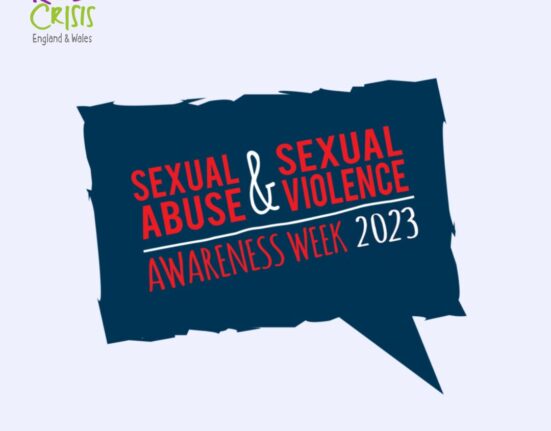
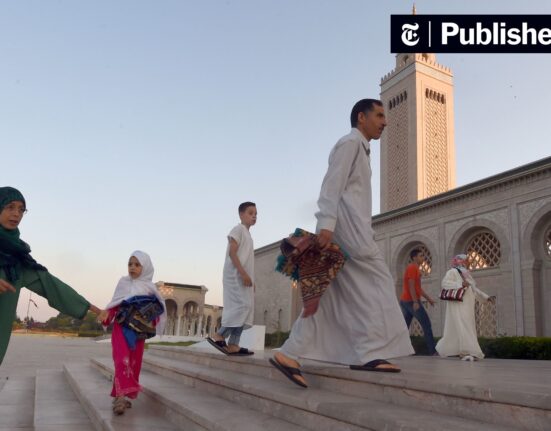
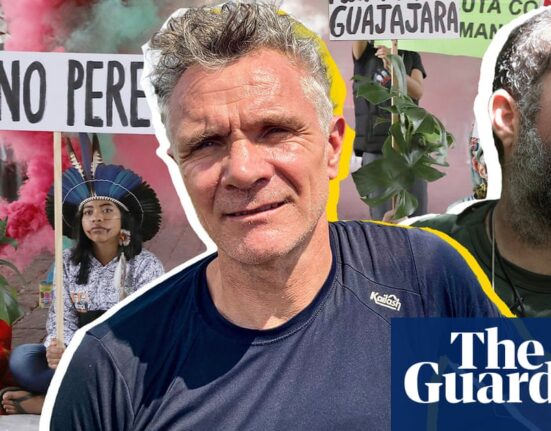
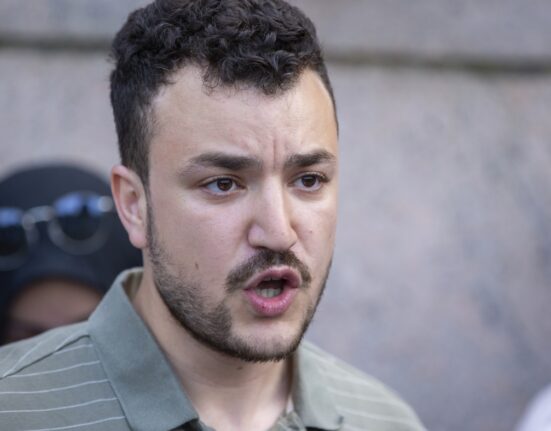
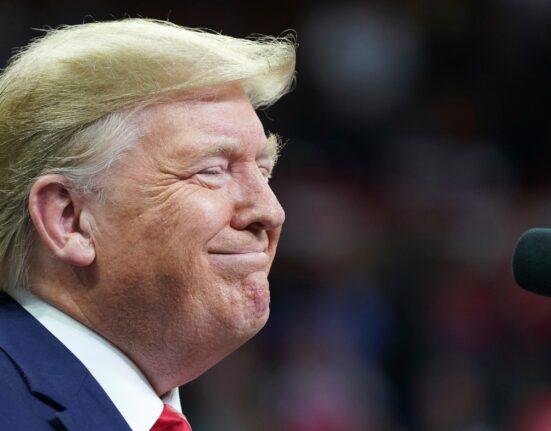
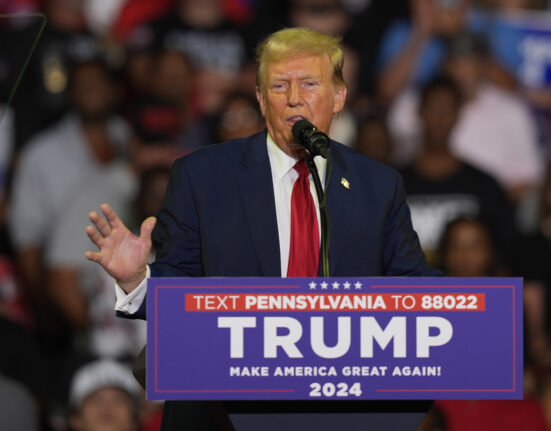
Leave feedback about this